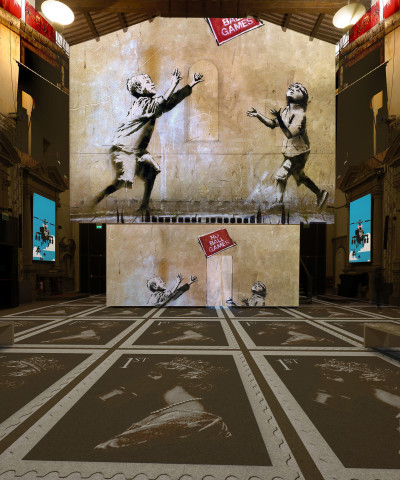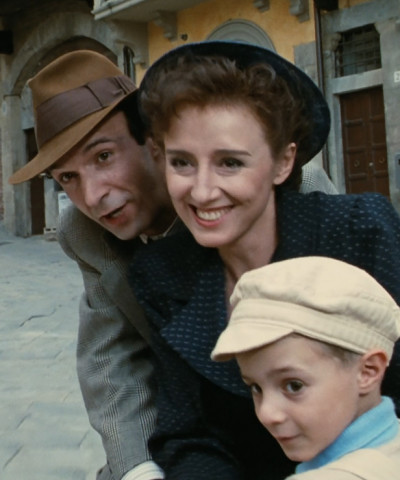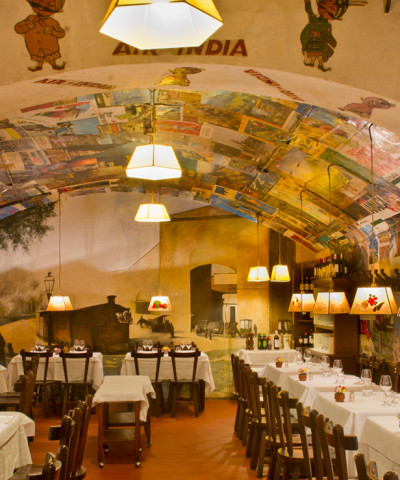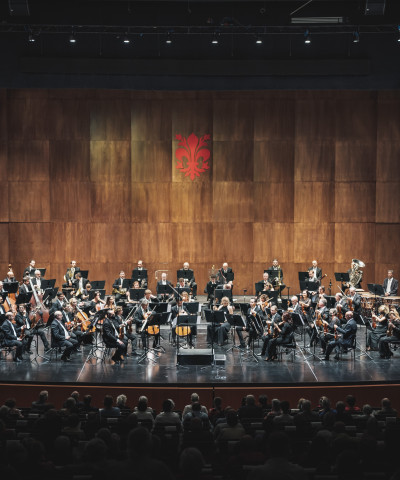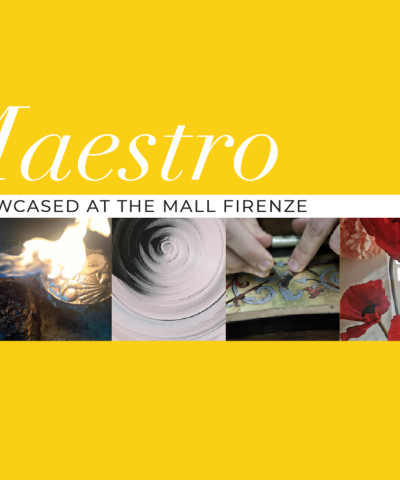Dishes not to be missed at Florence's most famous restaurants
Where to go and what to order to enjoy the most authentic flavors of Tuscan tradition
Florentine cuisine is a simple cuisine, strongly linked to the territory. Flavorful to the right point, of great balance, without smears or covers, where you can perceive and appreciate every single ingredient. With this in mind, we offer a tasty tour of the city's best restaurants to discover the dishes that have become icons of a place. From the trattoria that is more than 150 years old to the restaurant that opened more recently, let's see them together!
HERE our definitive guide to the city's best restaurants, HERE the trattorias not to be missed, HERE the best pizzerias, and HERE our gluten free selection!
Let's start with Enoteca Pinchiorri where, thanks to Annie Feolde, the first woman in Italy to be awarded 3 Michelin stars, an idea of taste-centered cuisine with its own well-defined expressive signature triumphs. An iconic dish? The Mora Romagnola piglet on the spit. The elegant and modern presentation does not hide the essence of the dish that excellently tells the character of this meat where the spit enhances all its characteristics.
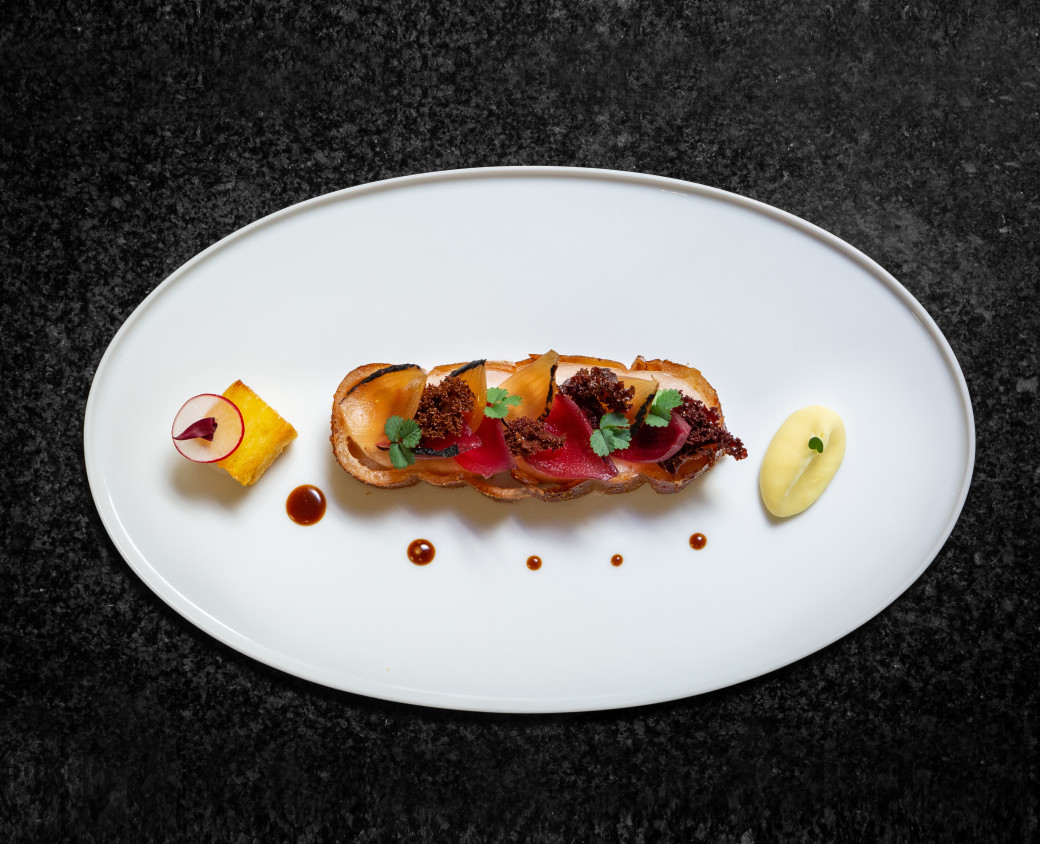 Maialino di razza Mora Romagnola allo spiedo - Enoteca Pinchiorri
Maialino di razza Mora Romagnola allo spiedo - Enoteca PinchiorriWe continue with an institution in the city, Il Palagio at the Four Seasons Hotel Firenze, a gourmet restaurant with refined and stately surroundings, which offers cuisine with intoxicating aromas. A dish not to be missed? The barbecued lobster glazed with walnuts, fish and shellfish emulsion, apple and raspberries.
 L'aragostella alla brace - Il Palagio
L'aragostella alla brace - Il PalagioOutside the Florentine tradition has opened in the Gucci Garden building, Gucci Osteria da Massimo Bottura bringing the aroma of modern Emilian cuisine to the city. Tortellini in Parmesan cream from Gucci Osteria da Massimo Bottura. Tortellini, the Modenese kind, by Massimo Bottura. One-millimeter-high pastry, stuffed with pork loin, Modena ham, Bologna mortadella, Parmigiano Reggiano, eggs, salt and nutmeg. A symphony of flavors encased in a creamy Parmigiano.
 Tortellini in crema di Parmigiano - Gucci Osteria da Massimo Bottura
Tortellini in crema di Parmigiano - Gucci Osteria da Massimo BotturaMarco Stabile's Ora d'Aria with its cuisine made of quality and transparency offers Egg poché with Jerusalem artichoke cream and Melanosporum black truffle. A dish as simple as it is delicate. Its cream and truffle enrich and complete this mouth-watering proposal by Marco Stabile.
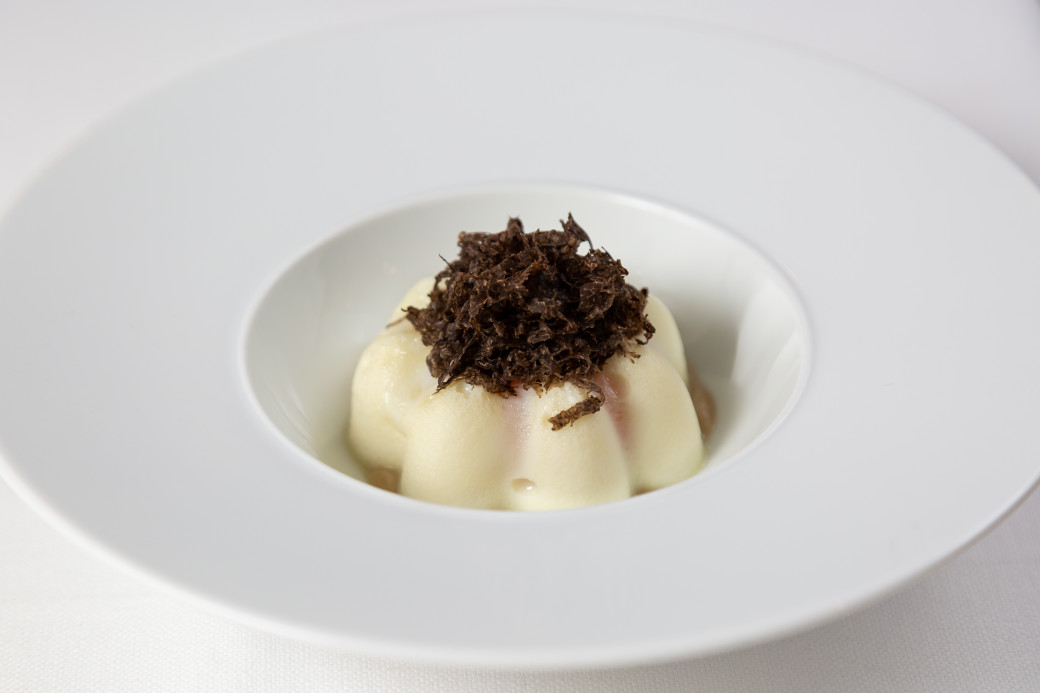 Uovo poché con crema di topinambur e tartufo nero Melanosporum - Ora d’Aria
Uovo poché con crema di topinambur e tartufo nero Melanosporum - Ora d’AriaThen at the Sant'Ambrogio market there is a world, not just a restaurant, where Fabio Picchi's soul and passion for good things 40 years ago gave birth to Cibrèo. Don't miss the Stuffed Neck. A dish of memory, poor but rich. The neck, stuffed with a filling of stale bread and the innards of the chicken, is served with its head on the plate complete with crest and wattles. Accompanying it is an express mayonnaise.
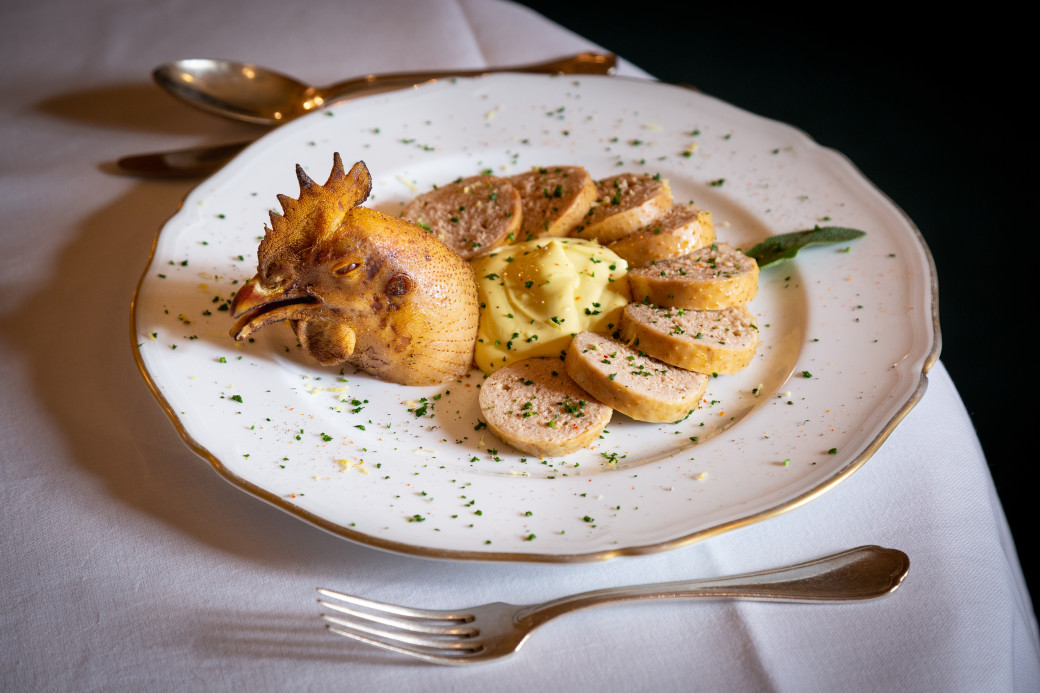 Collo ripieno - Cibrèo
Collo ripieno - CibrèoMoving on to historic trattorias where we can taste authentic Tuscan cuisine, we find the trattoria Sostanza, also known as "i' Troia," an authentic vintage Tuscan tavern. Dining there is a thrill of yesteryear. Then there are the "buche," which were the typical cellars underneath historic buildings. Here you absolutely must try the Tortino di Carciofi, a unique dish even to look at. It cooks in the heat of a wood fire so that the beaten eggs turn at the edges of the pan. Firming up, they go on to wrap like a golden frame around the artichokes, which in the meantime are fried in the center.
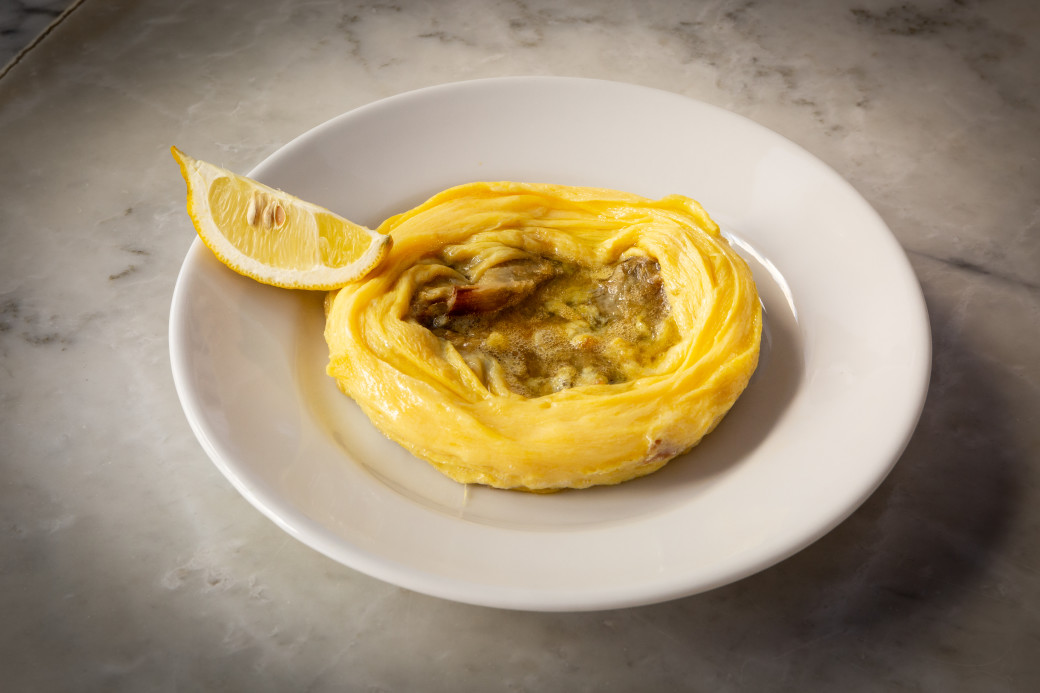 Tortino di carciofi - Trattoria Sostanza “i’ Troia”
Tortino di carciofi - Trattoria Sostanza “i’ Troia”Buca Lapi, established in 1880 under Palazzo Antinori, still maintains valuable frescoes and is the realm of Florentine steak. Here you can find the real Florentine steak, at least 4 fingers high, T-shaped. Generally the meat comes from Italian white veal, Chianini or Marche. Traditionally it is cooked over hot, sweet-smelling olive wood embers.
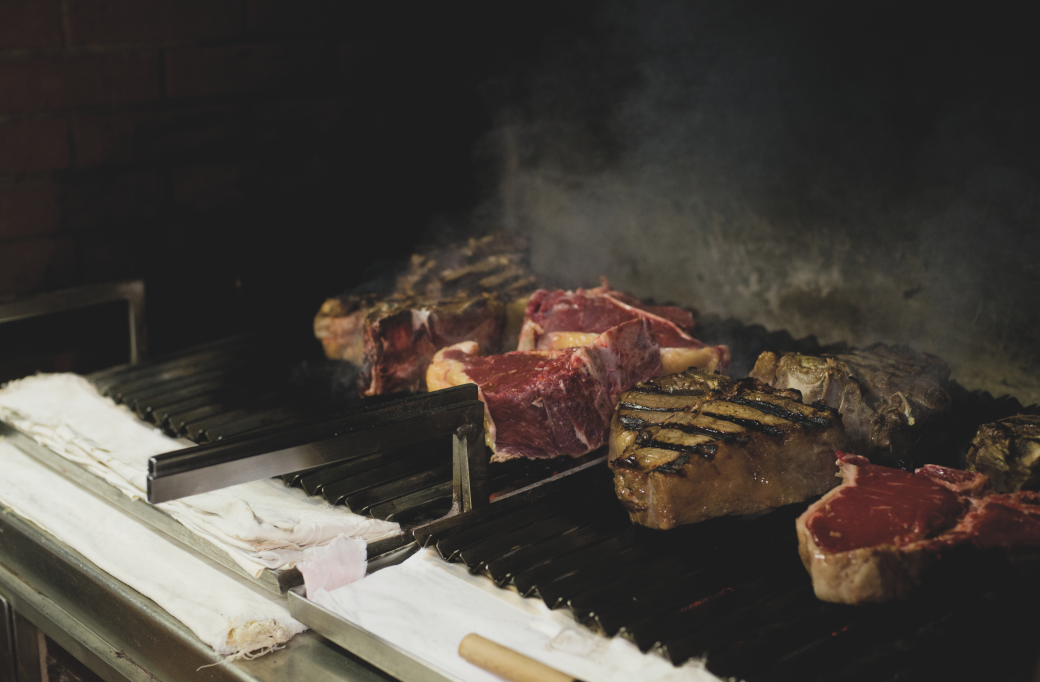 Bistecca alla fiorentina - Buca Lapi
Bistecca alla fiorentina - Buca Lapi On the ground floor of Palazzo Antinori, however, stands the renovated Cantinetta Antinori. Cantinetta Antinori's Ossobuco. Ossobuco is made from the central part of the shank of dairy calves, cut into slices of about 2-3 cm each. The meat is slow-cooked so, tender and succulent, it goes well with the tomato. Ideal together with mashed potatoes.
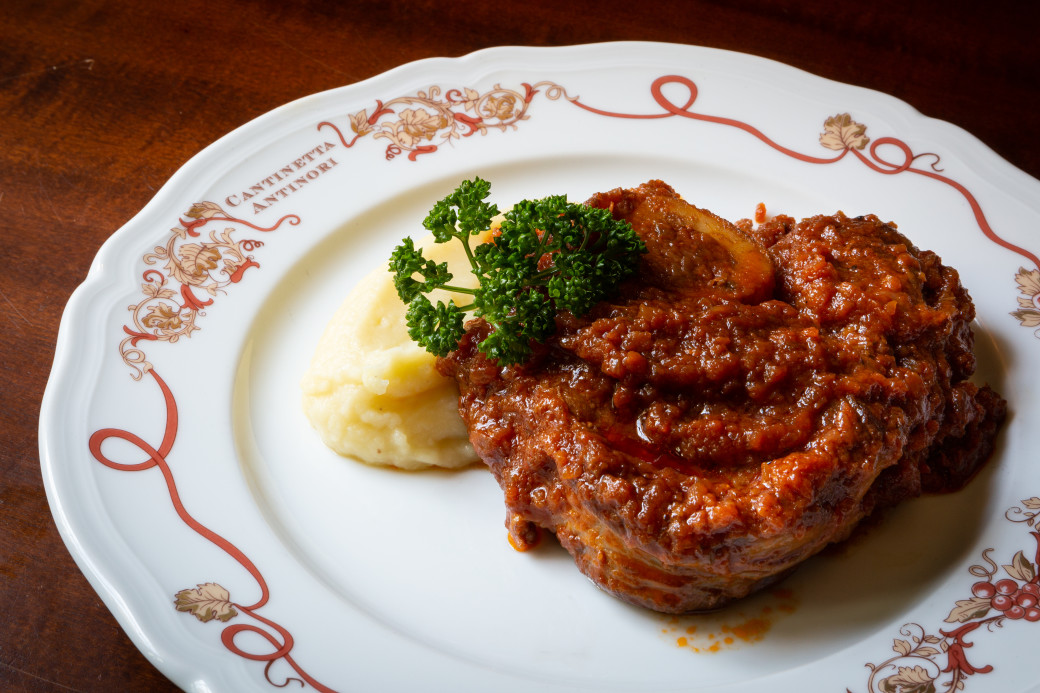 Ossobuco - Cantinetta Antinori
Ossobuco - Cantinetta Antinori Also from the same period is Buca Mario, which is located in a 16th-century noble palace and has been there since 1886 with its traditional Florentine cuisine. One of the cult dishes is the classic ribollita alla fiorentina. It is a vegetable-based soup where the black cabbage is the main ingredient and enriched with slices of stale Tuscan bread. Cooked the day before, it is reboiled the following day over low heat for a total of 5 hours until it forms a sort of "cream."
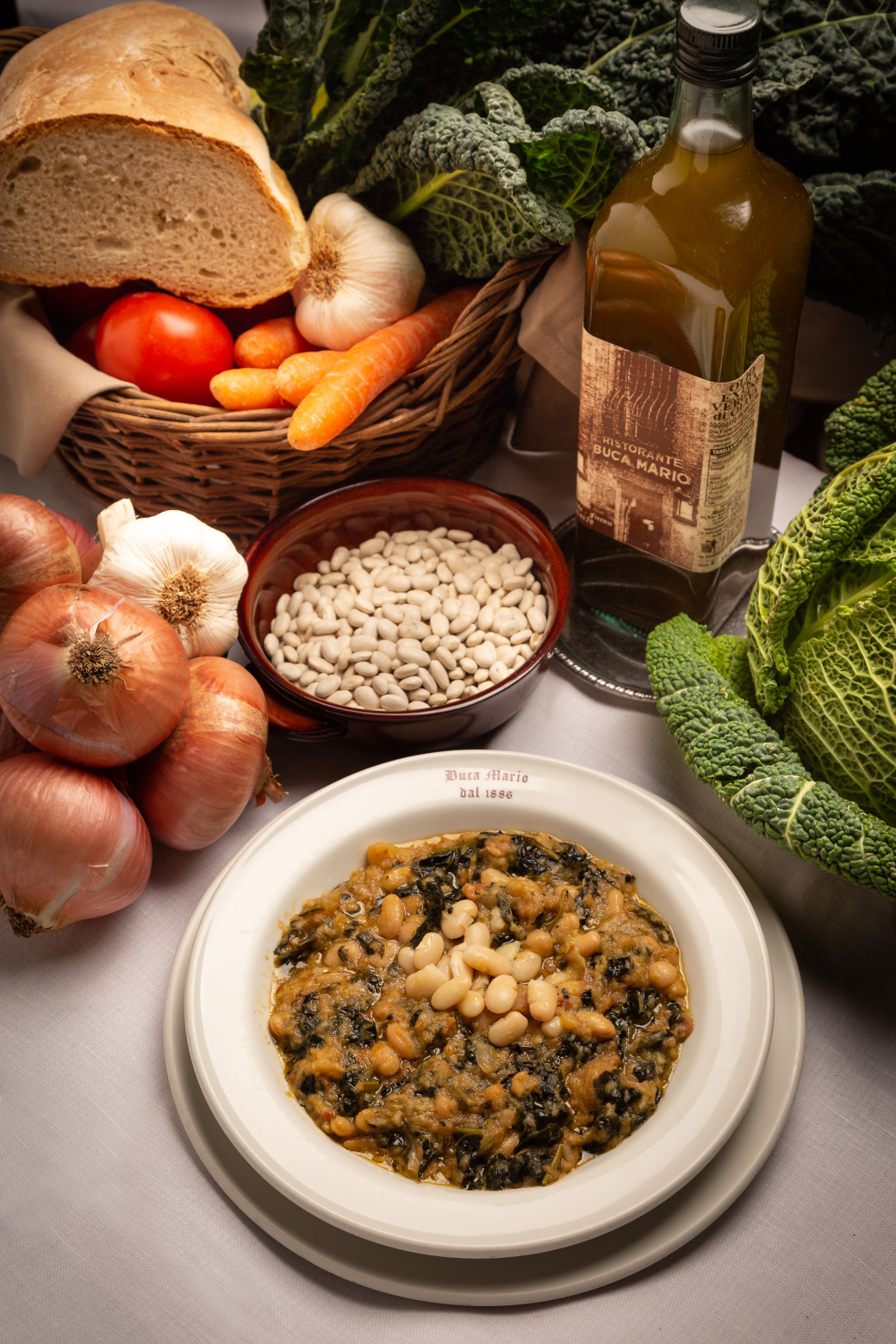 Ribollita - Buca Mario
Ribollita - Buca MarioFast forward to the last century with the Buca dell'Orafo, next to the Ponte Vecchio, where you can taste La groppa. It is a choice cut of lean beef. A particularly tender piece ideal for being grilled, rare and served as a tagliata. Here at La Buca it is offered with strips of pecorino cheese, sage, rosemary and raw EVO oil.
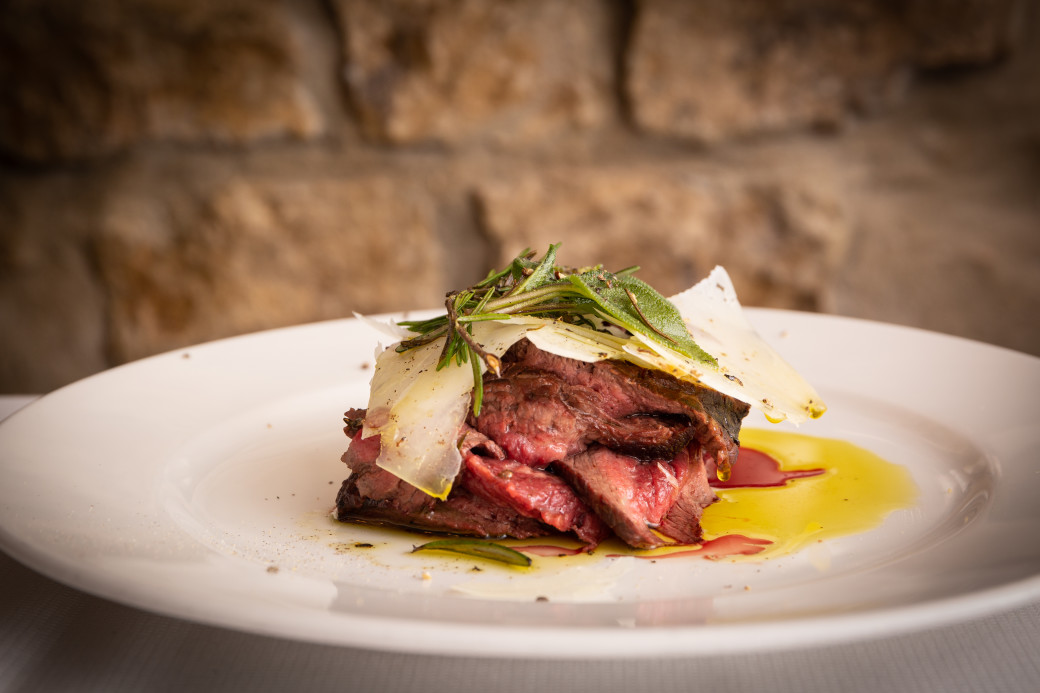 La groppa - Buca dell’Orafo
La groppa - Buca dell’OrafoA single room where a goldsmith store stood until the 1950s. "Diladdarno" we find Trattoria Cammillo, a place beloved by Florentines, but not only. Here not to be missed is the famous Chicken Curry on Carnaroli Rice with Mango Chutney. It is one of the workhorses of this celebrated place anyway for the dishes of the best tradition of Florentine cuisine. A proposal that still represents it today.
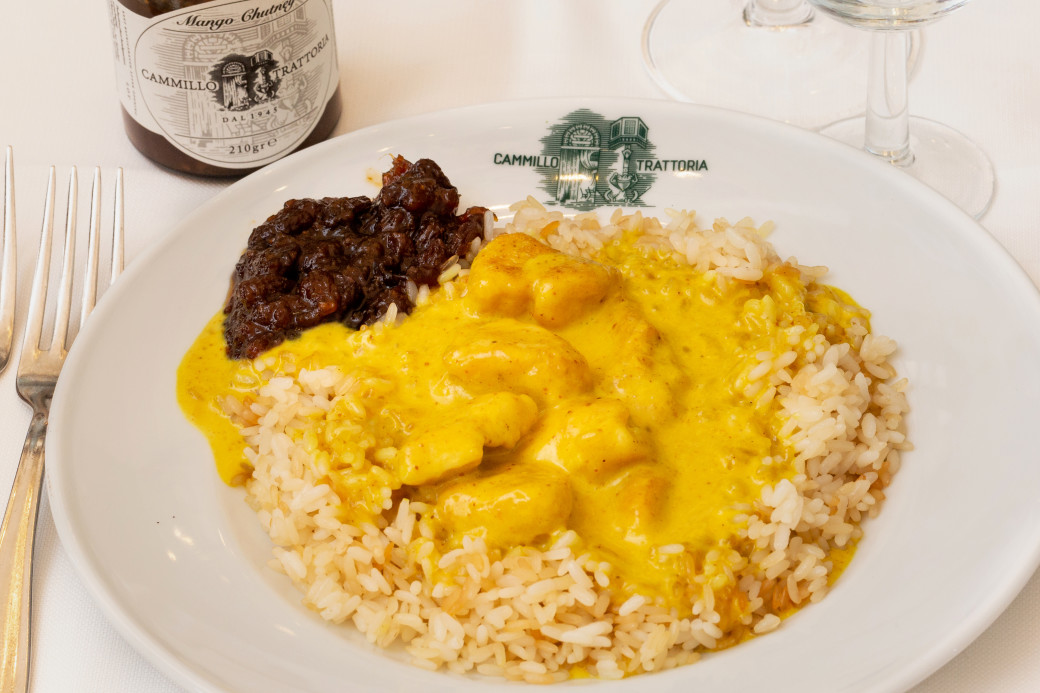 Pollo al curry - Trattoria Cammillo
Pollo al curry - Trattoria CammilloReturning to la rive droite de l'Arno, we enter Trattoria 13 Gobbi, a special and unmistakable setting with its walls lined with old wine crates. Famous here are the Rigatoni in the soup tureen. Highlighted in red on the menu, it is the recommended dish. Rigatoni are whipped with tomato, Parmigiano Reggiano and mozzarella cheese and served in a tureen. A pleasure to bake them in the sauce with the mozzarella cheese spinning.
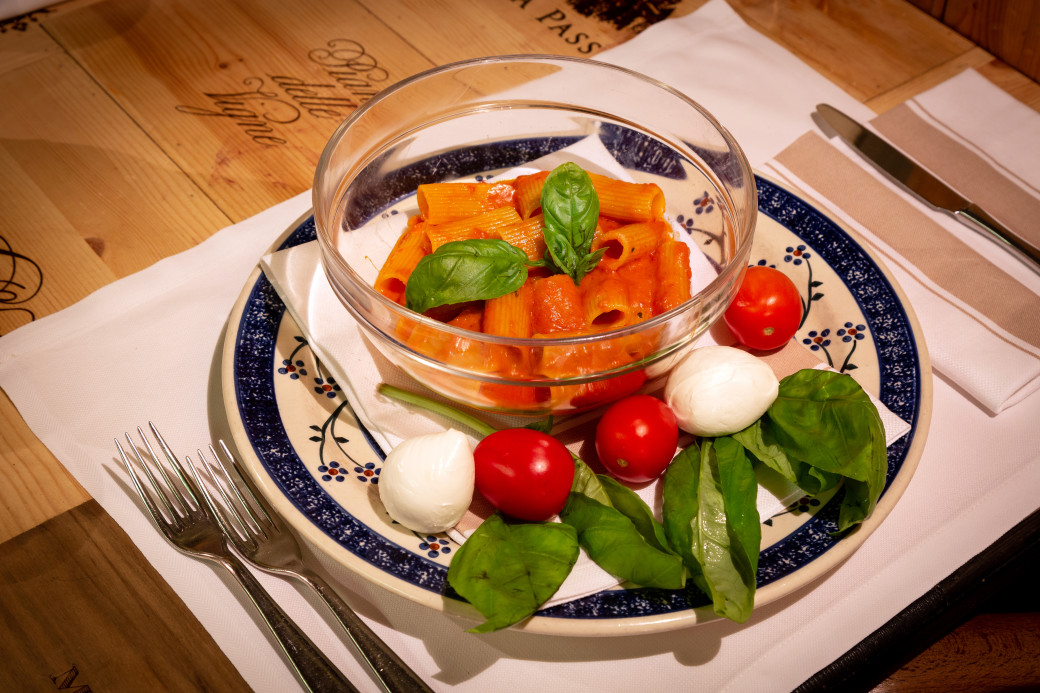 Rigatoni nella zuppiera - Trattoria i 13 Gobbi
Rigatoni nella zuppiera - Trattoria i 13 GobbiThe most socializing atmosphere is found at Osteria delle tre panche. Not to be missed here are the Tagliolini al tartufo, handmade with an egg semolina dough. A simple dish that is enriched in the fall with white truffles from Alba and the rest of the year with black truffles from San Miniato. Different, but just as valuable and fragrant.
 Tagliolini al tartufo - Osteria le tre panche
Tagliolini al tartufo - Osteria le tre panche








